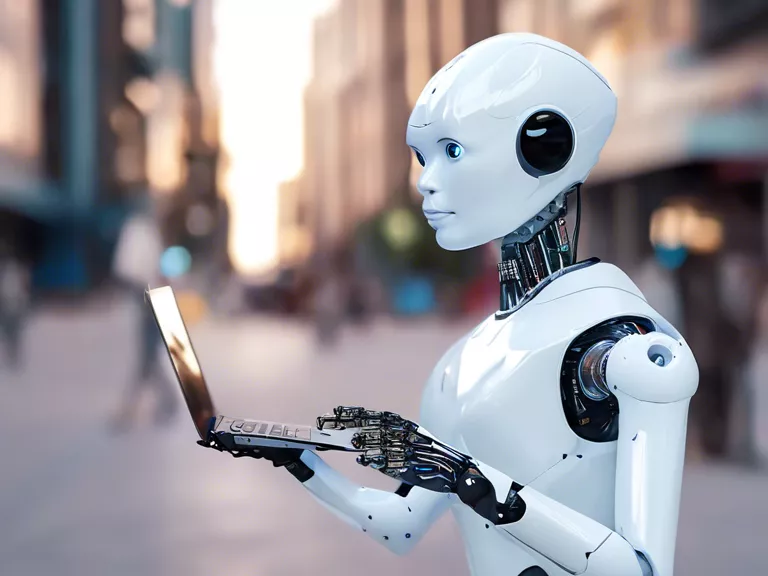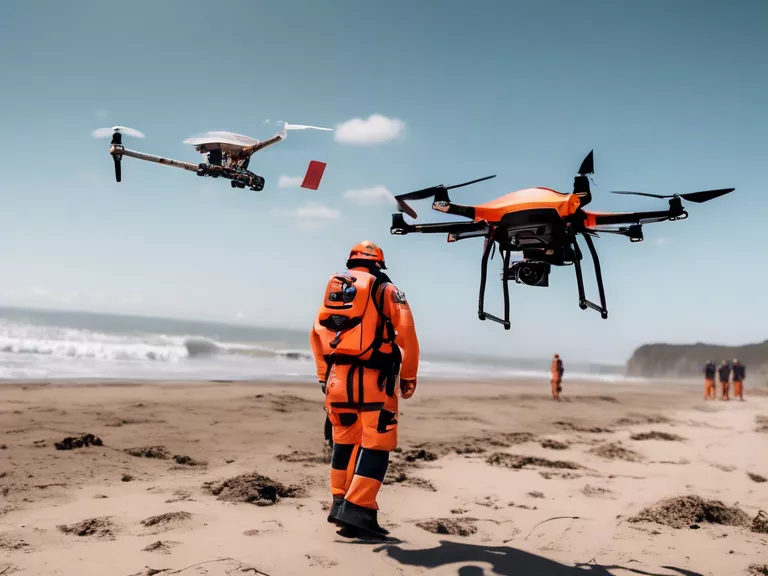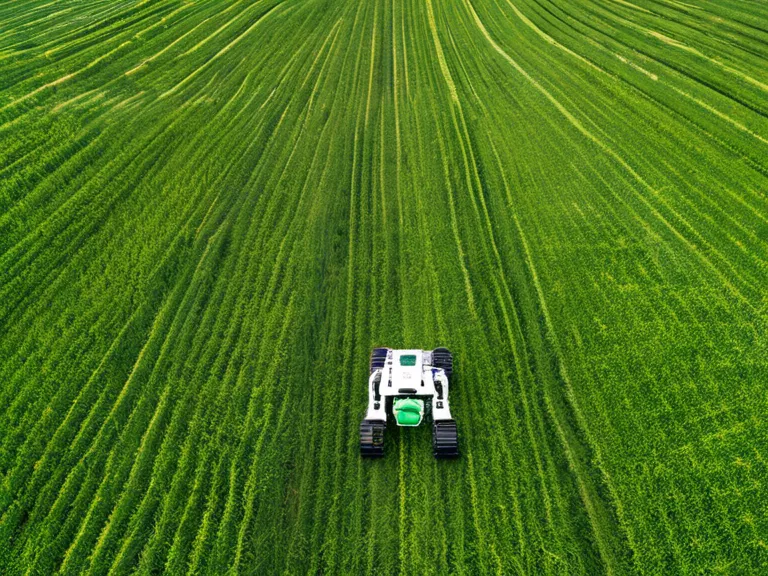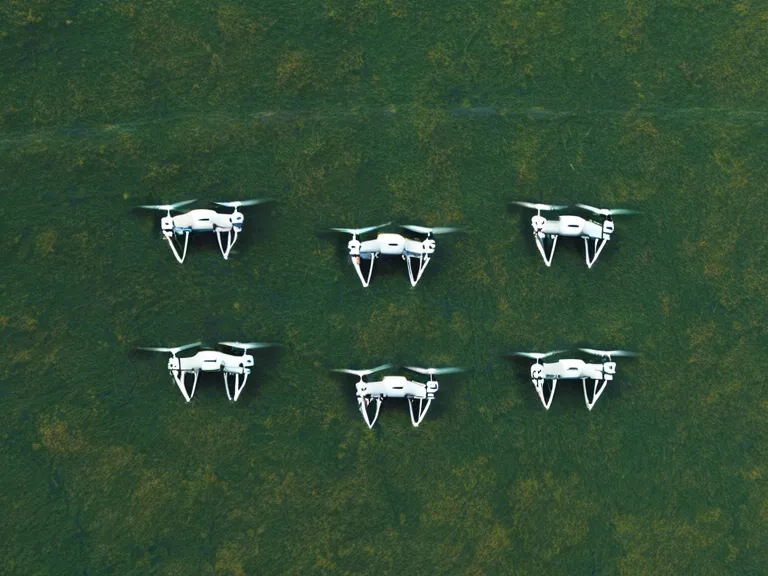
Artificial Intelligence (AI) and robotics have made remarkable advancements in recent years, with the potential to revolutionize various aspects of daily life. The future of AI and robotics lies in human-robot collaboration, where robots can assist humans in performing tasks efficiently and effectively. This collaboration has the potential to transform industries such as healthcare, manufacturing, transportation, and even in our own homes.
In healthcare, robots equipped with AI algorithms can assist doctors in diagnosing diseases, performing surgeries, and even caring for patients. This not only improves the accuracy and efficiency of healthcare services but also reduces the workload on healthcare professionals. In manufacturing, robots can work alongside humans on assembly lines, increasing productivity and ensuring precision in manufacturing processes.
The integration of AI and robotics in transportation has paved the way for autonomous vehicles, which can navigate through traffic and ensure a safe and efficient transportation system. In our daily lives, AI-powered robots can assist us with household chores, provide companionship for the elderly, and even offer educational support for children.
While the future of AI and robotics holds immense potential, there are also challenges that need to be addressed. One of the major concerns is the fear of job displacement, as automation might render certain jobs obsolete. However, with proper training and upskilling, humans can adapt to the changing technological landscape and work alongside robots in a collaborative manner.
Overall, the future of AI and robotics is centered around human-robot collaboration, where robots can assist us in various aspects of daily life, making our lives easier and more efficient. By embracing this collaborative approach, we can harness the full potential of AI and robotics for the betterment of society.



